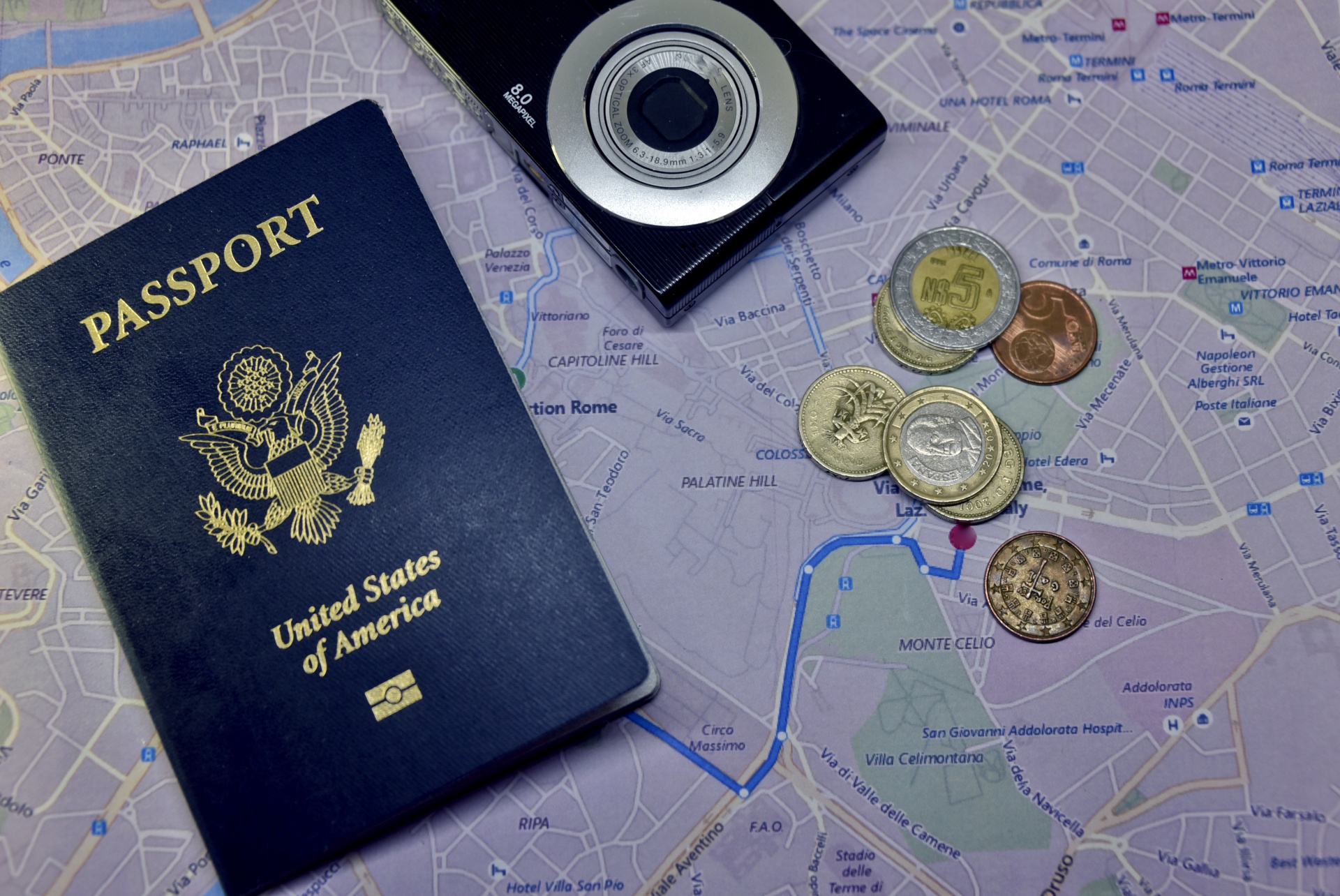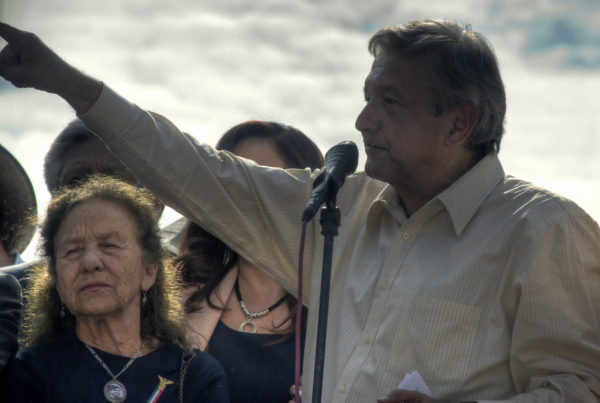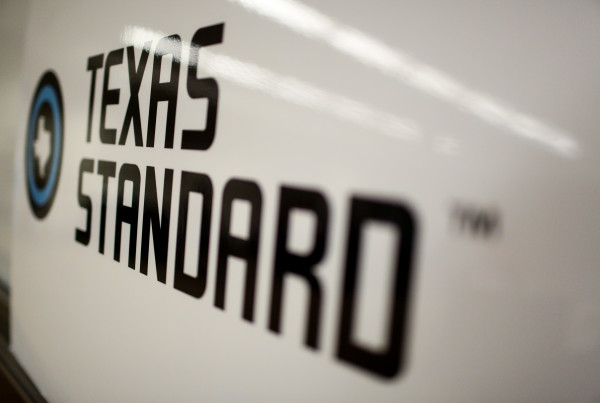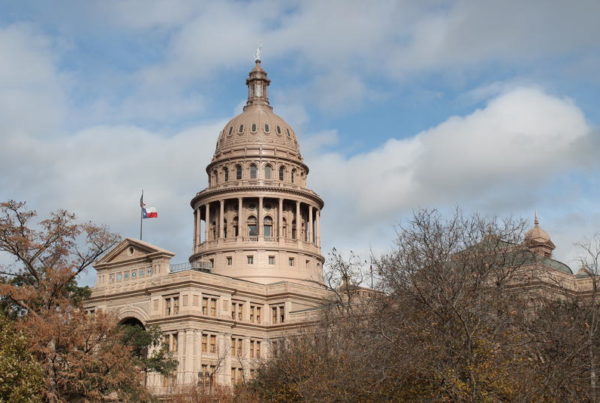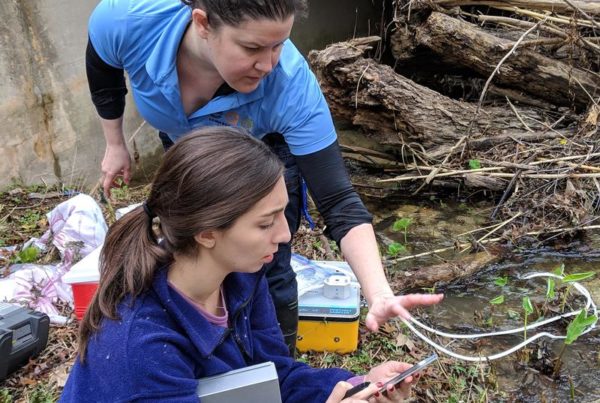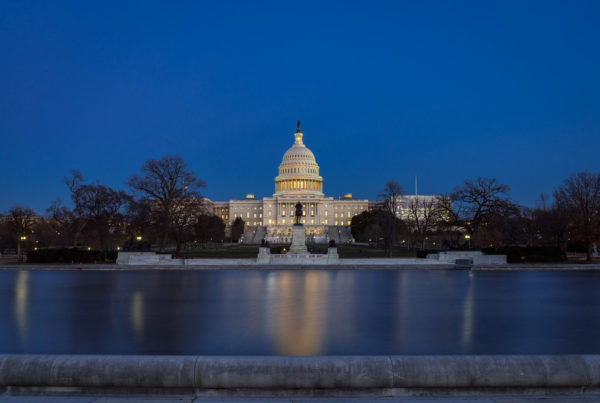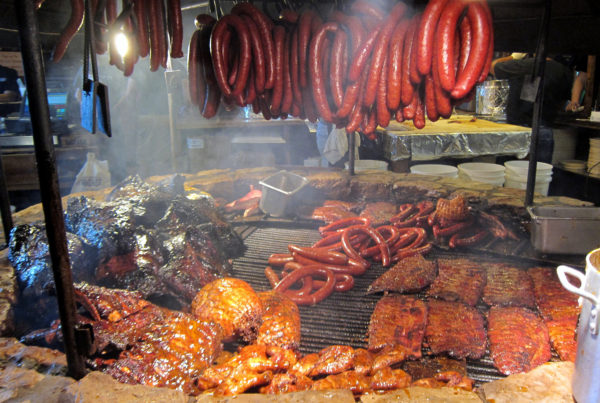A passport is a legal document. You present it when you’re traveling, and you expect it to be honored. But that’s not always how it works for those who were born on the border. Passports belonging to U.S. citizens who were delivered by a midwife, and even some delivered by doctors in the border area, could be revoked. When the passports of U.S. citizens are challenged after traveling, some people are made to wait outside of the country or in a detention center. The appeal process can be long, complicated and confusing. Now it’s an issue that could be headed to the Supreme Court.
Reporter Valerie Gonzalez from KRGV-TV in Weslaco has been following this story. She says the case that making its way to the Supreme Court involves two women who were born in the Rio Grande Valley. They also have Mexican birth certificates, something Gonzalez says is common among many whose parents were not authorized to be in the U.S. and decided to raise their U.S.-born children back in Mexico.
Gonzalez says passport revocation is also a more common occurrence among citizens who were birthed on the border by a midwife and those who travel frequently between the U.S. and Mexico.
If a U.S. citizen’s passport gets revoked, Gonzalez says, “the way that they normally would have handled this is that they would have asked for a judicial review through the Administrative Procedures Act.”
But for citizens who get their passport revoked while out of the country, the processes is longer and can result in detention. Gonzalez says that leaves U.S. citizens either stuck in Mexico, or held in a U.S. detention facility.
“That process… is in the books, but it wasn’t the standard,” she says.
Attorneys working on this 2016 case want the High Court to allow the women who lost their passports to use the more straightforward process that has been applied in the past. They base their argument on the case Rusk v. Cort from the 1960s. Gonzalez says courts that have heard the case so far have rejected that request.
Gonzalez says the Supreme Court has asked the federal government for a response and that the government has requested more time. The attorneys for the women whose passports were revoked believe the Supreme Court’s request of the U.S. government means the court will consider their case.
Written by Shelly Brisbin.


